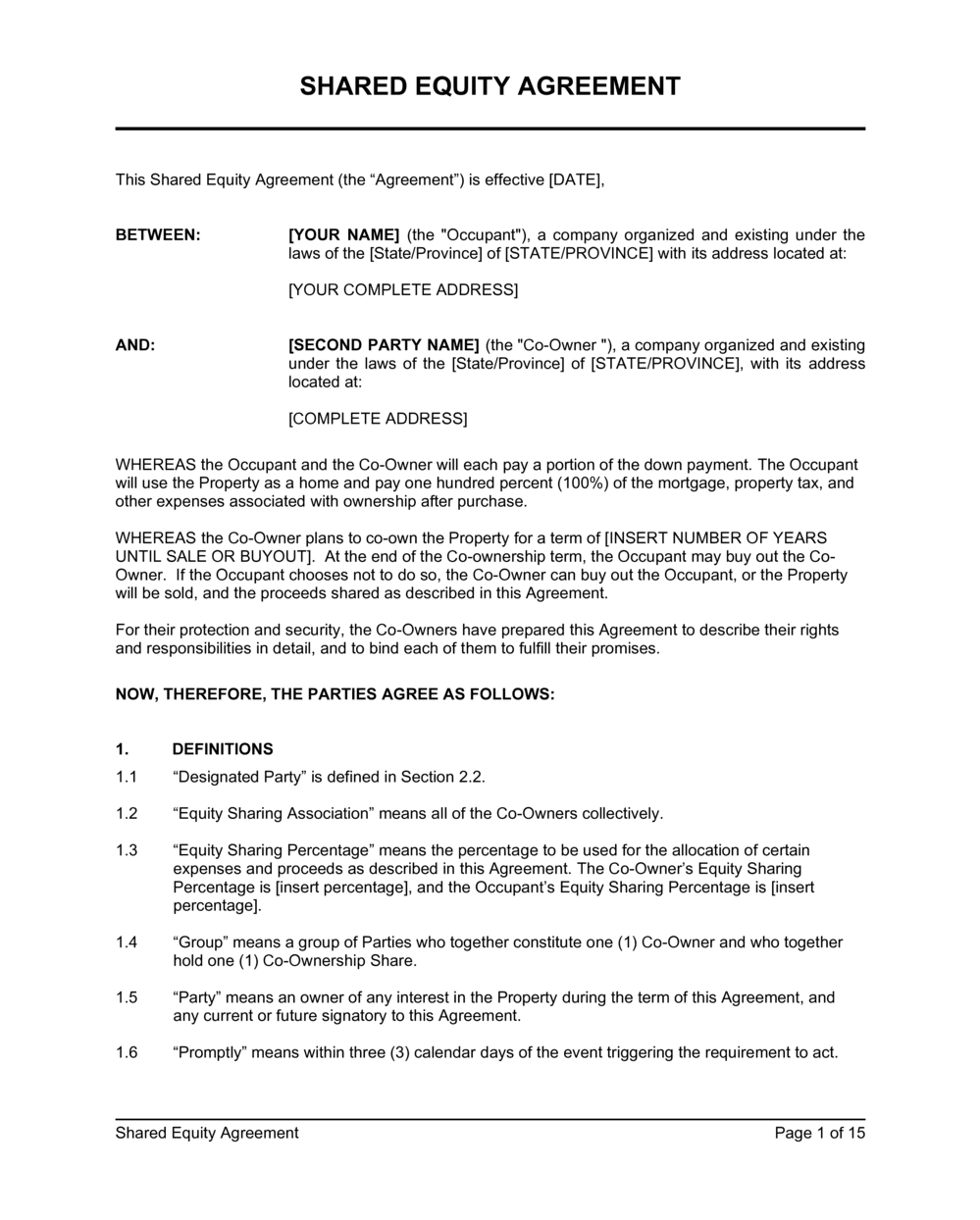Table Of Content

Chris McKenna covers government and politics for The Journal News and USA Today Network. But both parties in the state's 26-member delegation had pockets of dissent on their right and left flanks. And three out of 15 Democrats opposed both Israel aid and another proposal that could lead to a ban on the TikTok phone app. Their primary victories were a foregone conclusion, but the closely contested general election will hinge on which of the deeply unpopular candidates can build a coalition in swing states like Pennsylvania. Now Mayor Cherelle L. Parker will have to figure out how to indemnify Registered Community Organizations (RCOs), after Philadelphia voters approved a ballot question Tuesday requiring the city to do so. The three-way primary was a rematch between Brown, 36; Green, 64, a community organizer; and radio personality Sajda “Purple” Blackwell, 47, who was a distant third.
Presiding officer
From "How much does the president make?" to "How many amendments are there?" to "What is an oligarchy?" – we're striving to find answers to the most common questions you ask every day. Head to our Just Curious section to see what else we can answer. The table below shows a breakdown of how many years the senators have been serving in office. Our editors will review what you’ve submitted and determine whether to revise the article.
The United States Congress
The chaplain leads the House in prayer at the opening of the day. The sergeant at arms is the House's chief law enforcement officer and maintains order and security on House premises. Finally, routine police work is handled by the United States Capitol Police, which is supervised by the Capitol Police Board, a body to which the sergeant at arms belongs, and chairs in even-numbered years. When the presidency and Senate are controlled by a different party from the one controlling the House, the speaker can become the de facto "leader of the opposition".
Three-way Democratic primary for a West Philly state House seat remains too close to call
What people think are the biggest problems with Congress and other elected officials - Pew Research Center
What people think are the biggest problems with Congress and other elected officials.
Posted: Tue, 19 Sep 2023 07:00:00 GMT [source]
Both Houses must pass the same version of the bill; if there are differences, they may be resolved by a conference committee, which includes members of both bodies. For the stages through which bills pass in the Senate, see Act of Congress. However, the Constitution states, "All Bills for raising Revenue shall originate in the House of Representatives." Because of the Origination Clause, the Senate cannot initiate bills imposing taxes.
"The principle of proportionally equitable representation has been abandoned," the group argues. After the whips, the next ranking official in the House party's leadership is the party conference chair (styled as the Republican conference chair and Democratic caucus chair). Representatives and delegates serve for two-year terms, while a resident commissioner (a kind of delegate) serves for four years.
These 112 House Republicans voted against Ukraine aid
Under Johnson's unconventional plan, the Ukraine bill will be sent to the Senate as part of a package that includes aid for Israel and Taiwan and a third bill that forces a sale of TikTok and allows the United States to confiscate Russian assets. The plan, laid out in a rule that passed on Friday, was concocted to capitalize on the pools of support for each part of the $95 billion package, while preventing opposition to any one piece from taking down all of them. WASHINGTON — The 118th United States Congress began its session on Jan. 3, 2023.
The Articles of Confederation
Only the presiding officer may be directly addressed in speeches; other members must be referred to in the third person. In most cases, members do not refer to each other only by name, but also by state, using forms such as "the gentleman from Virginia", "the distinguished gentlewoman from California", or "my distinguished friend from Alabama". During the first half of the 19th century, the House was frequently in conflict with the Senate over regionally divisive issues, including slavery. The North was much more populous than the South, and therefore dominated the House of Representatives. However, the North held no such advantage in the Senate, where the equal representation of states prevailed. "If we had the vote today in our conference, he would not be speaker."
It took 15 rounds of voting to elect McCarthy into the position, the first time in more than a century that the process of electing a speaker took more than one ballot. There are 212 Democrats officially in the House of Representatives. But that number will be 213 once Tom Suozzi is sworn in after winning the special election in New York to replace Republican George Santos. The House of Representatives is down one Republican after 311 members voted to expel New York Republican Rep. George Santos. Santos’ time on Capitol Hill was fraught with controversies from day one, with reports that Santos embellished and fabricated parts of his resume and background.
Also, the bill has now been inserted into a larger foreign aid package, which makes it much harder for lawmakers to oppose the measure. The House passed a long-stalled foreign aid package on Saturday that gives funding to Ukraine, Israel and Taiwan, with a majority of lawmakers backing money for American allies across the globe. The package, which now goes to the Senate, is almost certain to become law.
The clerk also presides over the House at the beginning of each new Congress pending the election of a speaker. Another officer is the chief administrative officer, responsible for the day-to-day administrative support to the House of Representatives. In the instance when the presidency and both Houses of Congress are controlled by one party, the speaker normally takes a low profile and defers to the president. For that situation the House minority leader can play the role of a de facto "leader of the opposition", often more so than the Senate minority leader, due to the more partisan nature of the House and the greater role of leadership. After the conference chair, there are differences between each party's subsequent leadership ranks. After the Democratic caucus chair is the campaign committee chair (Democratic Congressional Campaign Committee), then the co-chairs of the Steering Committee.
Many elements of the Contract did not pass Congress, were vetoed by President Bill Clinton, or were substantially altered in negotiations with Clinton. The Republicans retook the House in 2011, with the largest shift of power since the 1930s.[14] However, the Democrats retook the house in 2019, which became the largest shift of power to the Democrats since the 1970s. In the 2022 elections, Republicans took back control of the House, winning a slim majority. The late 19th and early 20th centuries also saw a dramatic increase in the power of the speaker of the House.
Rep. Mike Johnson, the newly-elected Speaker of the House, is also a Louisiana Republican. Santos' expulsion left a vacancy, which was filled in a special election that Democrat Tom Suozzi won, narrowing the Republicans' majority even more. The embattled representative also faces several federal charges, including money laundering, wire fraud, identity theft, credit card fraud and lying to Congress. A House Ethics Committee report found evidence he broke federal laws and misused campaign funds.
In some committees like Appropriations, partisan disputes are few. The Constitution vests certain exclusive powers in the House of Representatives, including the right to initiate impeachment proceedings and to originate revenue bills. The organization and character of the House of Representatives have evolved under the influence of political parties, which provide a means of controlling proceedings and mobilizing the necessary majorities.
Both must agree to, vote on and adopt pieces of identical legislation (known as bills) in order for the legislation to become law. The House of Representatives shares equal responsibility for lawmaking with the U.S. As conceived by the framers of the Constitution, the House was to represent the popular will, and its members were to be directly elected by the people. In contrast, members of the Senate were appointed by the states until the ratification of the Seventeenth Amendment (1913), which mandated the direct election of senators. Learn more about the history of the majority and minority leaders from the Office of the Clerk. After extensive debate, the framers of the Constitution agreed to create the House with representation based on population and the Senate with equal representation.













